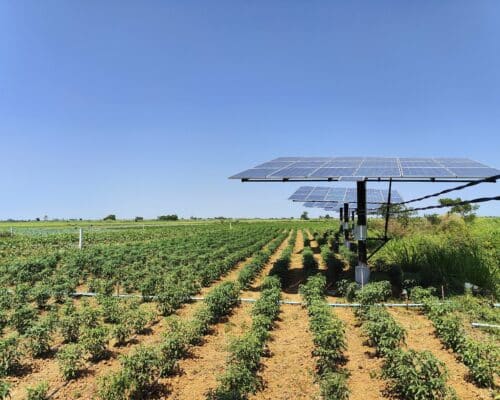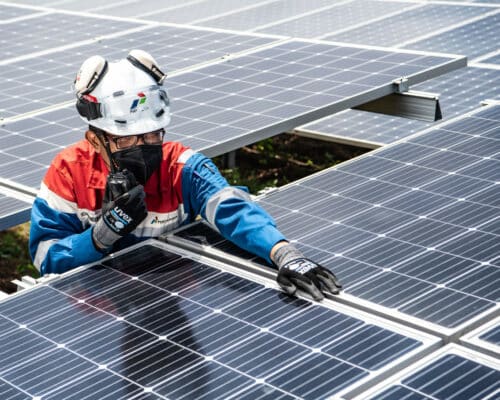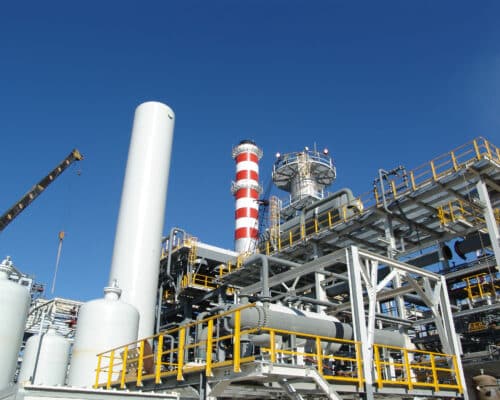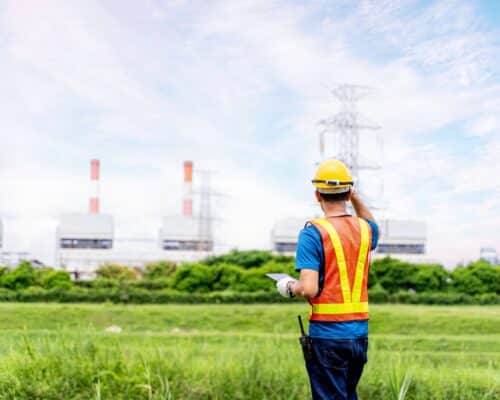Articles
Environmental Issues in the Philippines and New LNG Projects
The fossil gas expansion in the Philippines, mainly fueled by SMC, is taking place amid the worsening climate and energy crisis. The move risks burdening the nation with high energy costs, unreliable supply, stranded asset risk, increased energy dependency and a devastating impact on the environment.
Climate Change in Malaysia – Environmental Issues and Solutions
Malaysia relies heavily on fossil fuel-dependent industries, leading to near-term environmental damage and perpetuating climate change. The country needs to address these near-term issues while reducing emissions and creating adaptation strategies for the future.
Hydrogen Uses in Everyday Life
While hydrogen is a potential renewable energy option, adoption remains relatively low, and costs remain high. Will innovation drive costs down and see hydrogen use spike?
Top 10 Oil And Gas Companies In Singapore [2024]
Oil and gas companies have long been a significant economic pillar in Singapore's economy. The country is the major thoroughfare and hub of fossil fuels in Asia. Most of the largest international fossil fuel companies have offices in Singapore, but there are also several major local companies. How will these businesses fare now that the energy transition is underway?
Environmental Issues in Japan and Solutions
Japan is particularly susceptible to climate change impacts as an island nation that straddles climate regions. However, its emissions targets are relatively new, and there is little progress to show towards them. This is exacerbating several existing environmental impacts within the country.

Electricity in Cambodia: Quality and Price Issues
Cambodia's electricity grid is ageing and cannot meet the country's rapidly growing energy demands. As a result, the country's electricity prices are some of the highest in the region, and its infrastructure suffers from quality issues. Tackling these challenges is a core component of the country's long-term energy security.

Are Carbon Emissions Decreasing?
The IEA finds that emissions are seeing a structural slowdown thanks to growing clean energy deployment. However, emissions are still rising, and the agency identifies developing Asia as the primary contributor to the persistently high CO2 emissions.

False Solutions to Climate Change Promoted in Southeast Asia Pose Various Risks
Instead of helping Southeast Asia wean itself off fossil fuels, ammonia-hydrogen co-firing solutions and CCS risk perpetuating their use and locking climate-vulnerable countries into a future of high emissions, air pollution and ecosystem disruption.

Solar Energy in Cambodia: Overcoming Energy System Challenges
Cambodia has one of the highest solar energy potentials in the region. The country plans to significantly scale capacity in the coming decades to strengthen the energy grid and reach its net-zero emissions goals.

LNG Demand Decline in Japan To Cause Oversupply Through 2030
Considering the economic, environmental and energy security arguments, investing in new LNG capacity to accommodate the oversupply of Japan’s utilities instead of clean energy is a short-sighted, strategic misstep for developing Asia.

Indonesia’s NRE Bill Calls On Coal-based Energy Sources
Indonesia is still debating its New and Renewable Energy (NRE) Bill five years after its introduction. However, the draft bill includes coal derivative products, while the environmental stance of the country's newly elected president, Prabowo Subianto, remains problematic at best.

Low-carbon Hydrogen Is Dangerous: But Why?
Low-carbon hydrogen – made from natural gas with carbon capture and sequestration – is being pushed by fossil fuel companies and governments as necessary for the energy transition. Japan and South Korea have placed hydrogen, including low-carbon hydrogen, in the centre of their net-zero plans. However, the Environmental Defense Fund (EDF) has found that low-carbon hydrogen could be up to 50% worse for the climate than traditional fossil fuels.
Renewable Energy in Cambodia: Continued Growth
Cambodia sources over 50% of its energy from renewable sources and is planning further expansion in the next two decades. This growth will primarily rely on hydropower's slow growth and solar's rapid expansion. Cambodia must fill its existing financial gap to reach its renewable energy goals.

Women’s Empowerment Can Be the Catalyst to Drive Asia-Pacific’s Energy Transition [Op-Ed]
The Asia Director at the Global Wind Energy Council shares how the emerging wind industry brings opportunities for women to be empowered to helm the clean energy transition. She calls for recognising women's representation in the energy transition as a necessary first step in creating gender equality in the sector.
Most Popular
Most Popular
Categories
-
10
-
34
-
126
-
4
-
17
-
46
-
52
-
11
-
15
-
10
-
24
-
6
-
6
-
273
-
199
-
17
-
24
-
1
-
1
-
23
-
39
-
44
-
87
-
18
-
86
-
41
-
17
-
10
-
43
-
46
-
86
-
292
-
21
-
44
-
36
-
10
-
42
-
36



